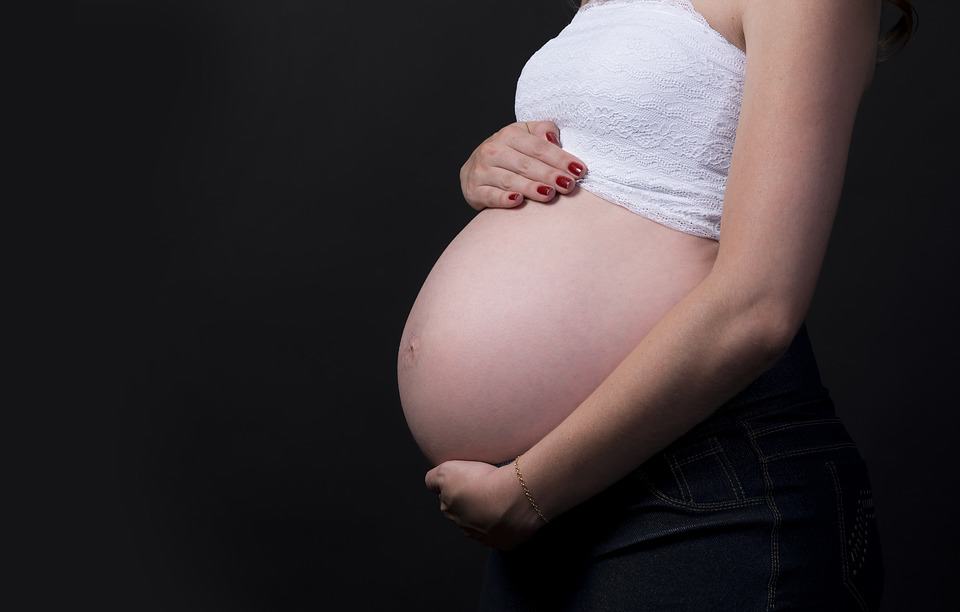
Pregnancy Discrimination Laws in California
Pregnancy discrimination is defined as an employee who receives an adverse employment action by their employer merely due to being pregnant. Adverse employment actions could include termination, differential treatments, or harassment. In the definition of pregnancy discrimination, as mentioned above, the words “due to being pregnant” is not limited to the women physically being pregnant. It could also include childbirth, breastfeeding, and perceived pregnancy. It is important to note how discrimination of an employee based on perceived pregnancy satisfies pregnancy discrimination. To further define it, perceived pregnancy means that the employer believes that the employee is pregnant, but the employee is not actually pregnant.
If an employee has any pregnancy-related situations, then the employer must accommodate the employee and give her reasonable accommodations so that the employee could continue to perform her essential job duties. Reasonable accommodations include, but are not limited to, changing the employee’s work schedule, giving the employee more frequent breaks, being more flexible with the employee’s working times, modifying the employee’s work duties, and allowing the employee to have time to pump breast milk in private. If the employer decides to terminate or harass the employee or does not provide her with reasonable accommodations for her pregnancy, then the employee has the right to file a pregnancy discrimination claim.
Some examples of pregnancy discrimination are if an employer decides not to hire an individual because they are pregnant or believe that they are pregnant. Another example of pregnancy discrimination is if the employer makes harassing comments to the employee regarding her pregnancy. Another example of pregnancy discrimination is if an employee asks for breaks in order to pump breast milk and the employer denies her request. Another example of pregnancy discrimination is if the employer decides to demote the employee due to her pregnancy. Additionally, an employee can claim pregnancy discrimination if an employer makes derogatory remarks regarding the employee’s infertility issues. These examples demonstrate how the employer displays discrimination towards his or her employee due to pregnancy-related situations. These actions are clearly unlawful and violate California’s Department of Fair and Housing (Los Angeles Pregnancy Discrimination Lawyer – Miracle Mile Law Group).
Pregnancy discrimination could also occur when the employee is on pregnancy leave. For example, it is considered pregnancy discrimination if the employer does not keep her job open for the same amount of time that the employer would keep the job open for an employee who is on sick leave. In addition, the employer must allow the employee to take up to twelve weeks off of work to care for her newborn child. (What to Expect When You’re Expecting (and After the Birth of Your Child)…at Work | U.S. Department of Labor (dol.gov)).
In order to show the number of cases and severity of pregnancy discrimination, I found interesting statistics. According to the American Pregnancy Association, in 2022, Equal Employment Opportunity Commission received 4,714 pregnancy discrimination claims (Pregnancy Discrimination – American Pregnancy Association). This statistic shows how there are numerous cases of harassment and wrongful termination at the workplace due to pregnancy discrimination, which could be very stressful for a pregnant woman, and thus, is not good for the mother’s health and for the child’s health.Source
Los Angeles Pregnancy Discrimination Lawyer – Miracle Mile Law Group


